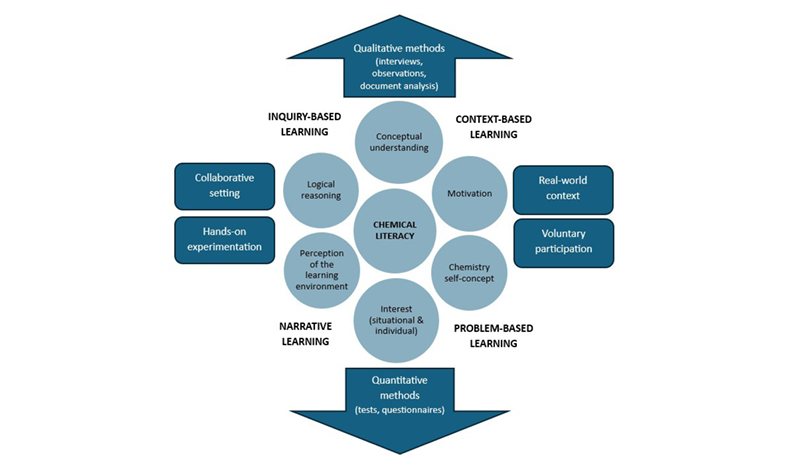Fostering Chemical Literacy through a Non-Formal Forensic Chemistry Module for 13-Year-Old Students
DOI:
https://doi.org/10.17344/acsi.2025.9491Abstract
Traditional chemistry education often struggles to engage students due to abstract content and limited contextual relevance. This study explores the impact of a non-formal forensic chemistry module (NFFCM) designed to foster chemical literacy among 13-year-old students through context-based, inquiry-oriented, and student-centred learning. The module included hands-on, problem-driven activities in forensic scenarios, assessed with a mixed-methods pre-post design. Results indicated significant gains in chemical literacy, supported by logical reasoning, self-concept, and motivation. Both situational and individual interest increased, highlighting motivational engagement. Qualitative data emphasized three key pedagogical features: narrative-driven inquiry, active experimentation, and collaborative group work. Students worked safely and independently, applying results to solve the forensic case. Findings suggest that well-structured, open non-formal modules can complement formal education by fostering chemical literacy, deepening conceptual understanding, and enhancing student engagement.

Downloads
Published
Issue
Section
License
Copyright (c) 2025 Alenka Dražić, Iztok Devetak

This work is licensed under a Creative Commons Attribution 4.0 International License.
Except where otherwise noted, articles in this journal are published under the Creative Commons Attribution 4.0 International License
